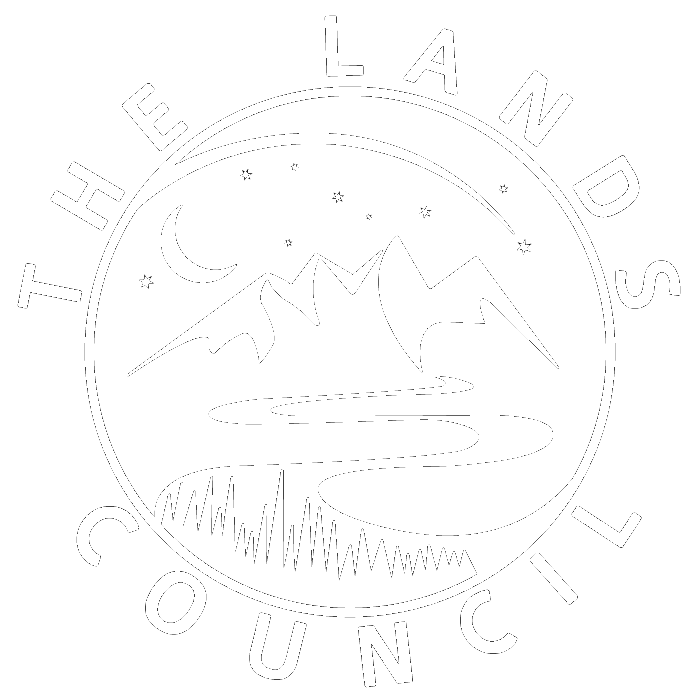Welcome to our end of the year newsletter! Despite COVID-19, we have been busy as beavers!
Our efforts to help mitigate and reduce the impacts of climate change are multi-pronged. This year we have constructed beaver dam analogs, protected beaver habitat, planted over a thousand trees, helped Spokane create a climate action plan, and we are helping a regional coalition wind down our fossil fuel supply chain. Almost all of the staff are involved in climate and sustainability issues.
Sequestering carbon as biochar is one of our newer projects, and we have been hard at work on our Biochar program. In addition to the recent burn at Dishman Hills, we are working with the Kalispel Tribe and Washington State Department of Natural Resources to plan more biochar burns this winter. We recently purchased two “Polygon” biochar kilns to go with our two existing Oregon kilns.
Biochar has a bright future as one of only a handful of safe, scalable, and shovel-ready negative emissions technologies acknowledged by the Intergovernmental Panel on Climate Change. We want to ramp up the biochar program to quickly help keep carbon dioxide out of the atmosphere. If we can scale up our program to turn thousands of woody slash piles into biochar — as well as help the City of Spokane utilize wood waste for renewable energy and biochar — we will become a significant partner in the biochar campaign.
We also continue to take real action to improve water quality in the Spokane River. Our project to destroy PCB’s (polychlorinated biphenyls) by using fungi was recently mentioned in Food and Environmental Reporting Network.
PCBs are still being produced inadvertently and can be found in some pigments, inks, motor oil, and other products produced at high temperatures in the presence of chlorine. Spokane has been leading the national efforts to reduce PCB’s, a neurotoxin that accumulates in tissue and moves up the food chain from river water to bugs, and into fish. In 2021, The Lands Council hopes to directly help with the national campaign by reaching out to other communities across the country who are facing fish advisories and water quality issues because of the legacy and newly created PCB’s — with an ultimate goal of reducing the allowable amount of PCB’s in products.
Background: PCB’s bio accumulate in fish tissue and the levels that are safe to eat a good supply of fish everyday are extremely low. PCB’s were banned in the US in 1979, but the EPA still allows them to be inadvertently produced. The PCB’s then accumulate in the nation’s waterways and fish. The Lands Council is part of the Spokane River Regional Toxics Task Force. Part of our effort has been having our bioremediation expert and volunteer, Les Stephens, conduct research with students at North Central High School on how to reduce PCB’s in stormwater sludge.

